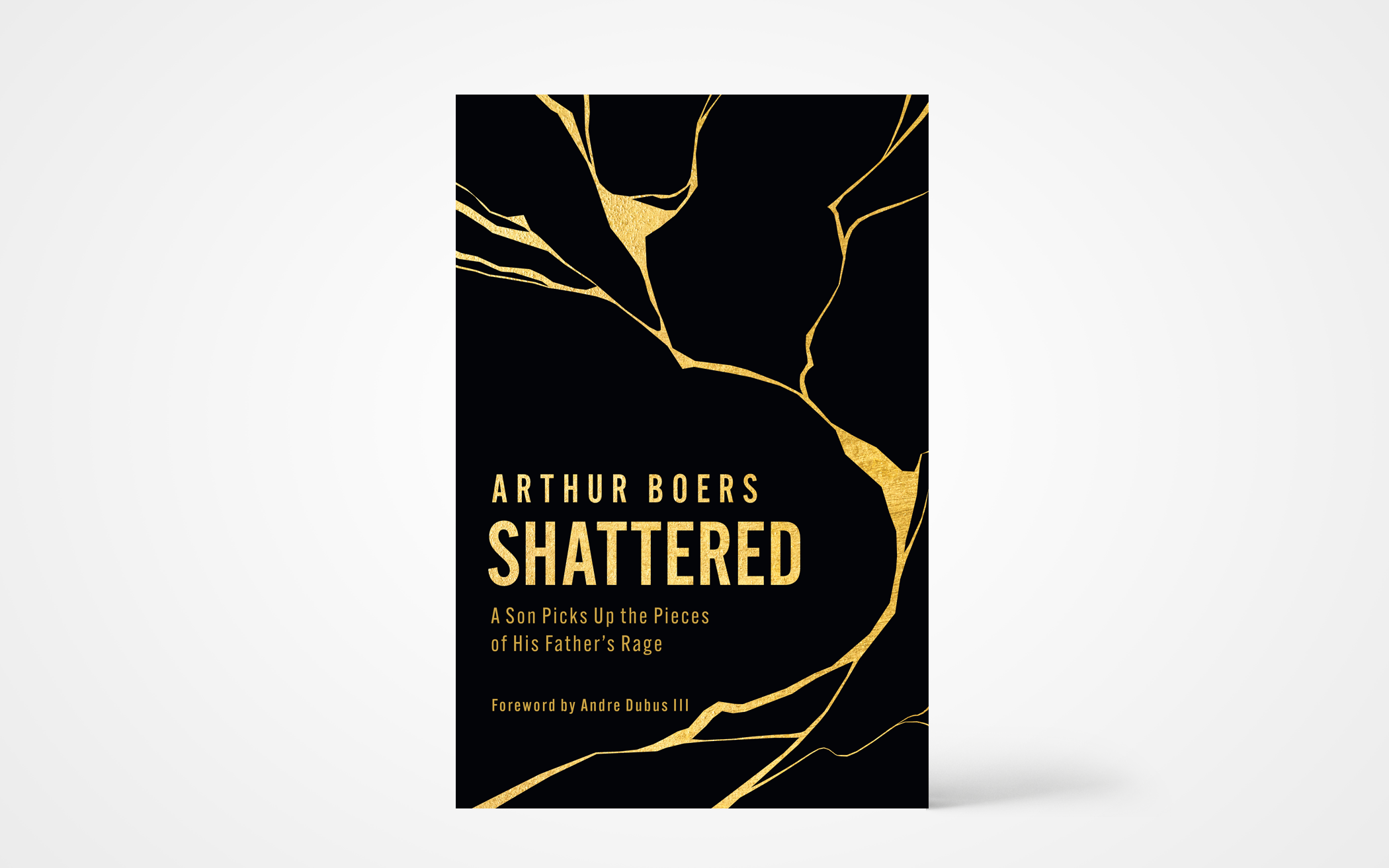There are times in life when we must face the truth of our experience. Often, it’s a truth we’ve been unwilling to acknowledge for some time, because the truth can be painful, awkward, and the “family rules” might be discouraging us from really being honest. And yet, unless we name our experience, face it, and deal with it, our life becomes stuck and we’re unable to move forward in a healthy and integrated way. Counselors and therapists walk with clients through these dynamics every day. As a culture, we’re only beginning to acknowledge our trauma.
In Shattered, Arthur Boers invites us into his own process of facing the truth of his childhood experience. He pulls back the curtain to reveal what it was like to grow up in a post-War immigration, CRC community in southern Ontario. He grapples with the pain of family separation, dysfunctional church leadership, his emerging sense of call to life and ministry beyond the confines of the CRC, and as the subtitle suggests, his father’s abuse.
Throughout the book, Boers seeks what many survivors desire: understanding. Why did this happen? Why did this happen to me? Is there anything I could have done differently to change how things went? These are the kinds of questions many ask about the trauma they experienced. Adverse childhood experiences, like a father’s rage or a mother’s neglect or a church leadership’s manipulation, create a deep sense of insecurity and threat later in life.
I can imagine how some readers might find this book uncomfortable. Some might think it’s self-indulgent. Others might cringe at the impression it gives of the CRC. Quite a few might find the lack of straightforward “answers” unsatisfying. But where this book has value is not only in its portrayal of what many have experienced in the CRC (or church generally) and then left (either for other denominations or the growing “spiritual but not religious” community); this book is important for us because it contributes to a growing body of literature on how religious institutions and communities can cause harm.
As a campus minister, I often encounter young adults as they are making their way down the “off ramp” from church or faith. Plenty of scientific research echoes the reasons they give for walking away. Boers covers much of this territory as he tells his own story. Shattered has the potential to contribute to a growing trend toward what’s called “trauma-informed ministry.” What if we were to grow into a new way of being church? Aware of the dynamics of trauma, we might learn to relate to each other with a deeper awareness of the pain and suffering of life. We might become part of the church becoming more Christ-like and life-giving by rejecting manipulation, shame, and exclusion.
A beautiful part of Boers’ story is captured in the book jacket art: shattered glass pieced back together and repaired with gold. This image that arises from the narrative within the book is the hope for all those who have experienced trauma, whether from our families or our churches. Healing is possible. New life can be discovered and received. God might even use our brokenness to minister healing to others. Henri Nouwen put it beautifully in one of his book titles: we are not just “shattered” but by addressing our injuries and scars we can become wounded healers. Trauma might be the emotional wound we suffer and carry with us through life, but, as Jesus demonstrates, it is through our brokenness that healing and new life can emerge by God’s transforming grace. (Eerdmans)
About the Author
Michael Wagenman is the Christian Reformed campus minister at Western University in London, Ont., where he invites undergraduate students to put their faith into loving service and mentors graduate students. His most recent book is The Power of the Church: The Sacramental Ecclesiology of Abraham Kuyper (Wipf &Stock, 2020).

